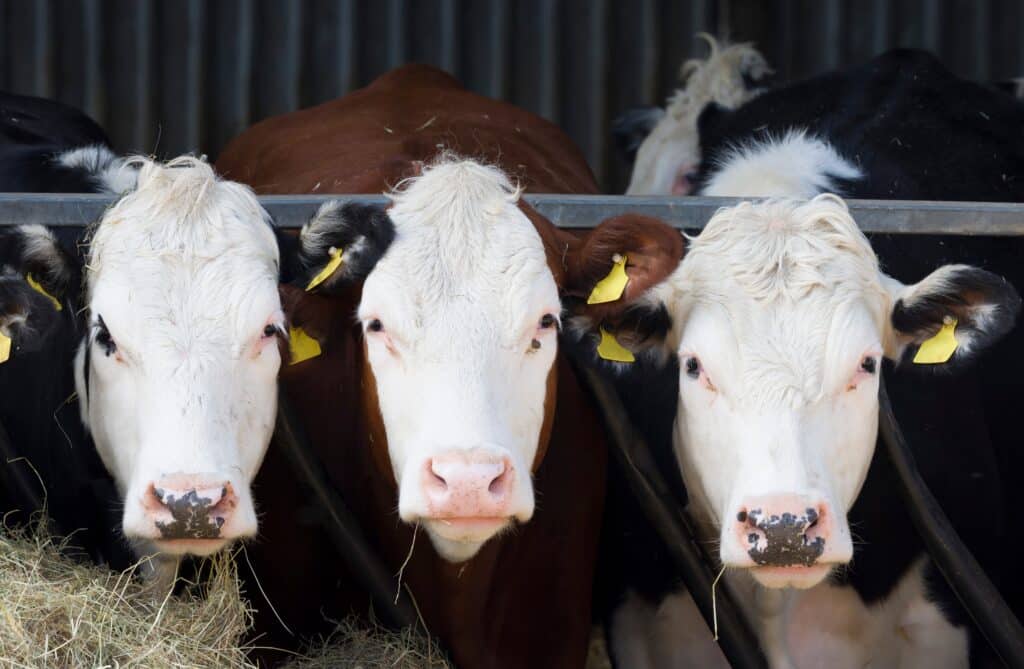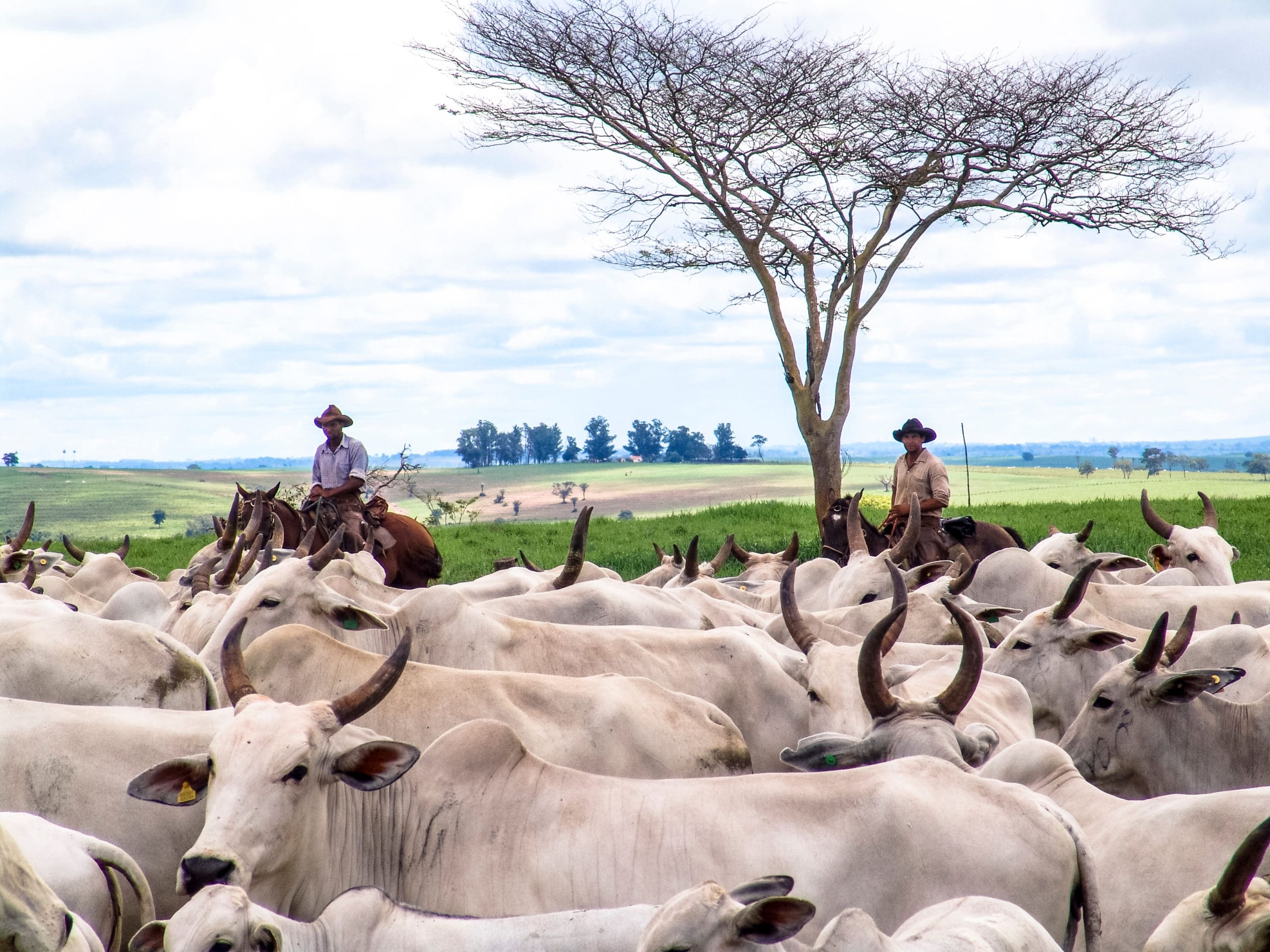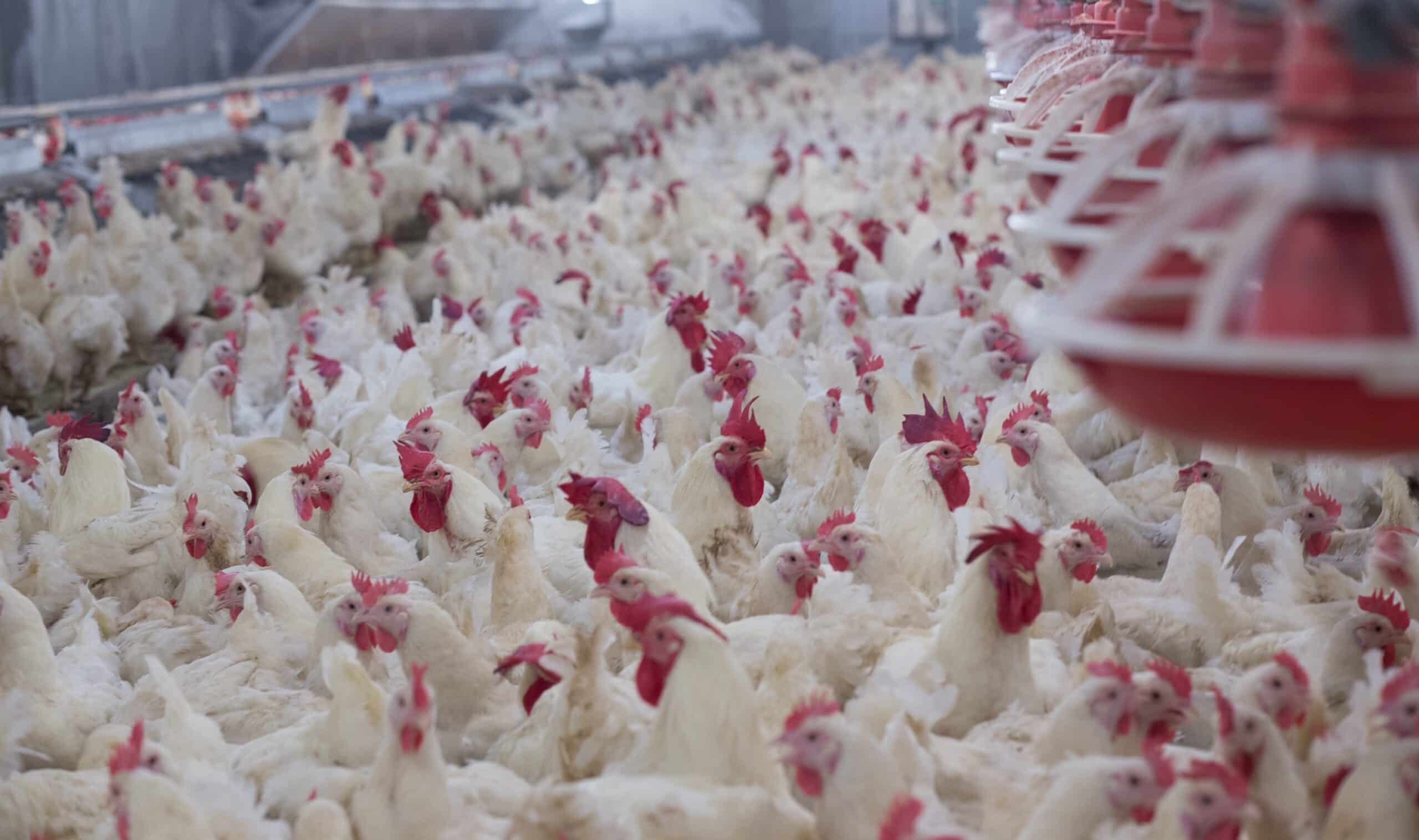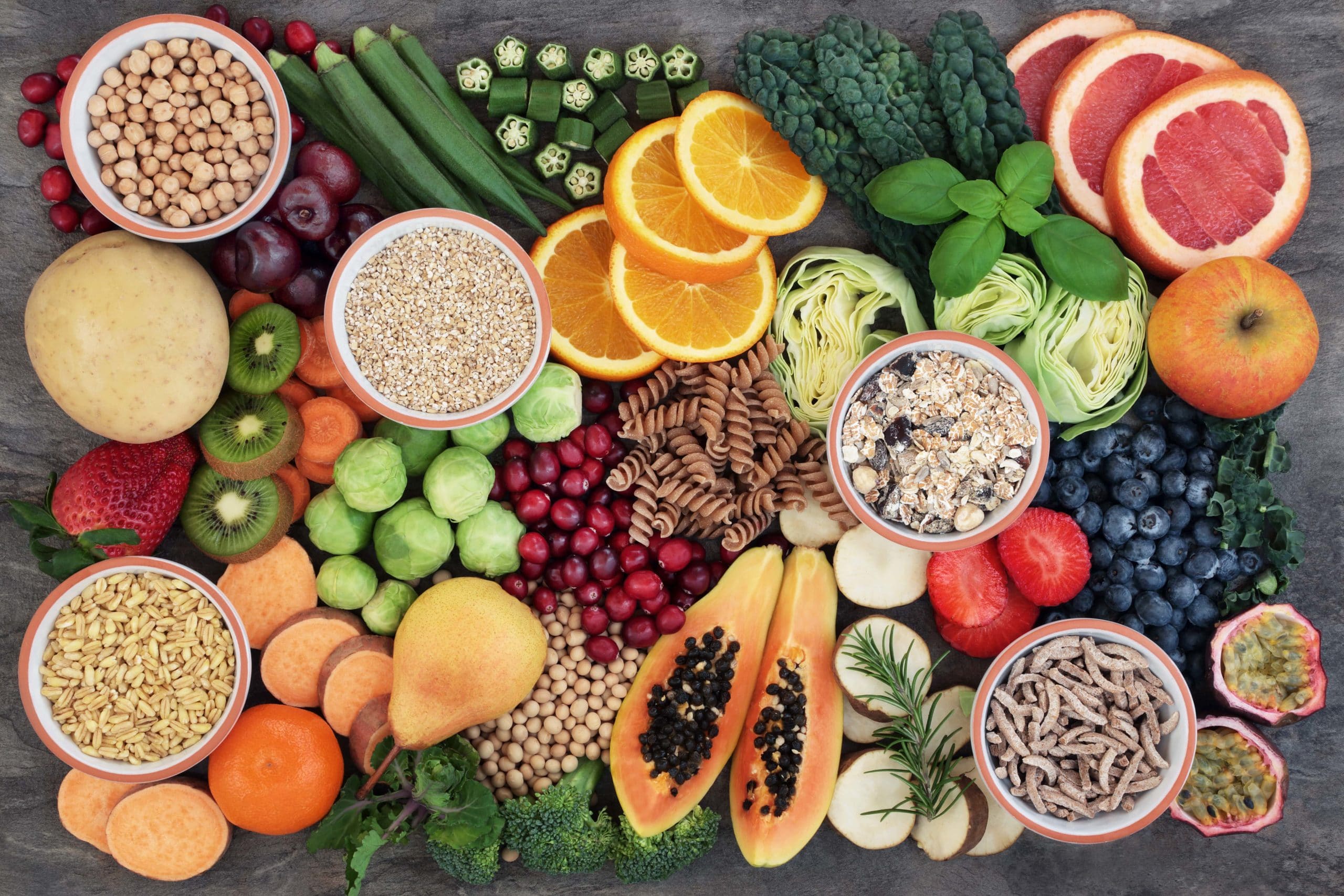
Animal Agriculture
Animal Agriculture
The meat, eggs and dairy at the center of many plates are also at the center of some of our world’s greatest threats to the environment, public health, workers’ rights and animal welfare.
Animal products are the most resource-intensive foods in our diet — they require massive water and energy inputs and generate significant greenhouse gas emissions, soil, air and water pollution.
In order to avert the worst impacts of climate change and protect water supplies for future generations, we must produce and eat “less and better.” This means consuming fewer animal products, supporting the farmers and ranchers who are raising animals sustainably and making sure that everyone has access to the healthiest options.
Most animals are raised in factory farms where they are fed a diet of genetically engineered corn and soy, grown with toxic pesticides and synthetic fertilizers which pollute our rivers and groundwater. Raising billions of animals in confined areas also generates massive amounts of toxic manure that pollute our air and water — especially in nearby communities. Overuse of antibiotics in animal agriculture contributes to the rise of antibiotic resistant “superbugs,” one of our most pressing public health problems. Jobs on factory farms and slaughterhouses are associated with some of the highest rates of worker injury and illness.
To solve these problems, we must dramatically reduce meat consumption, reform current animal agriculture practices and shift to more sustainable livestock production. More sustainably-raised options, like pastured organic meat and dairy, are better for people and the planet.
Media
Resources
Read Our Chain Reaction Report
Our report grades America’s top restaurant chains on their policies and practices regarding antibiotics use and transparency in their meat supply chains.

Ways to Support Our Work

Read Latest News
Stay informed and inspired. Read our latest press releases to see how we’re making a difference for the planet.

See Our Impact
See the real wins your support made possible. Read about the campaign wins we’ve fought for and won together.

Donate Today
Help power change. It takes support from environmental champions like you to build a more healthy and just world.



